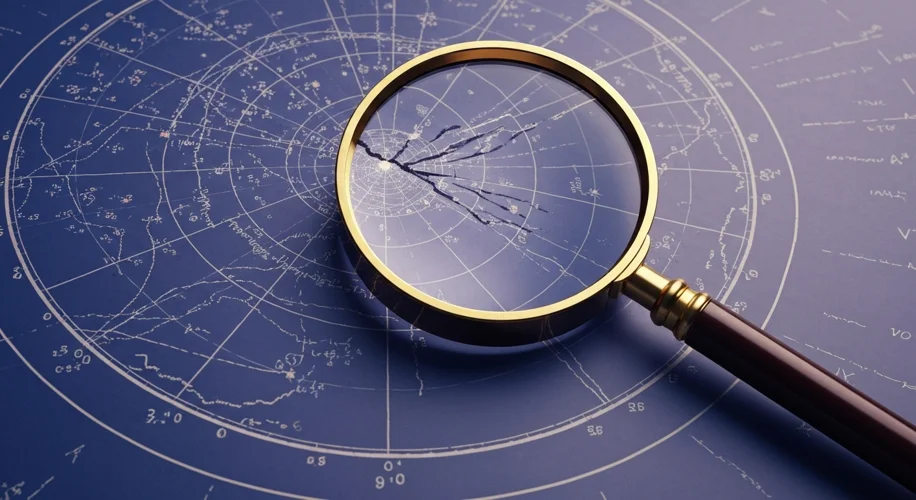It’s hard to imagine, but sometimes the science we rely on can be… well, less than truthful. A recent study has brought this issue into sharp focus, revealing a troubling increase in fraudulent scientific papers. This isn’t just a minor blip; it’s a trend that raises serious questions about the integrity of research across many different fields.
Think about it: we often turn to scientific studies for reliable information. Whether it’s about new health treatments, environmental policies, or technological advancements, we trust that the findings are sound. When that trust is broken, it impacts more than just a single study. It can erode public confidence in science as a whole.
What kind of fraud are we talking about? It can range from outright fabrication of data to manipulating results to fit a desired outcome. Sometimes, it’s about misrepresenting methodology or plagiarizing others’ work. These aren’t just honest mistakes; these are deliberate acts designed to mislead.
Why is this happening, and why is it on the rise? Several factors might be at play. The pressure to publish, often called the “publish or perish” culture, can be intense in academic settings. Researchers might feel compelled to produce results quickly, and in some cases, this can lead to cutting corners or even resorting to dishonest practices. Funding and career advancement are often tied to publication rates, creating a high-stakes environment.
Another aspect is the sheer volume of research being produced. With so many papers being published, it can be challenging for journals and peer reviewers to catch every instance of misconduct. The digital age has also made it easier to disseminate information, both accurate and inaccurate, at a rapid pace.
So, what does this mean for us? It means we need to be more critical consumers of scientific information. While most researchers are dedicated and ethical, understanding that fraud exists is important. It highlights the crucial role of peer review, scientific integrity checks, and institutions that uphold ethical standards.
This isn’t about being cynical; it’s about being informed. It’s about recognizing that the scientific process, while powerful, isn’t infallible and requires constant vigilance. The ongoing efforts to improve the transparency and reproducibility of research are vital steps in rebuilding and maintaining trust. We all benefit when science is conducted with honesty and rigor, and it’s a journey we’re all on together.

